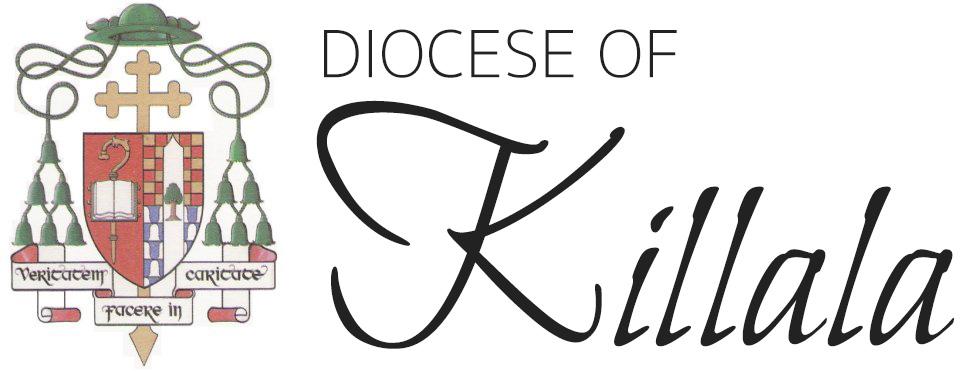Today, in Cathedrals around the world, the Door of Mercy will be closed. After twelve months, in which we have thought about the role of mercy in our lives, it is my sincere hope that as the Door of Mercy is closed, a new era of mercy will begin, in our own lives and in the life of the Church. For a few moments, therefore, let me sketch an outline of what our lives as Christians might look like in a Church where mercy is a rule of life.
I think it is fair to say that mercy only finds its feet in humble situations. While there were glimmers of mercy in the Church in Ireland in the past, the overall impression given was certainly not one of mercy. Bishops ruled their dioceses, priests ruled their parishes and religious ran their schools and hospitals. And for decades all three worked closely with Government, the rulers of our country. Thankfully, we have journeyed away from this model of Church in recent years. We have been humbled by the sins of the past. We have come to realize that the Gospel of Christ demands that we are servants rather than rulers. We have learned hard lessons in a hard way. During this Year of Mercy we have, once again, recognized and apologized for these. Hopefully, as the Door of Mercy closes, as a Church, we will begin to walk a new path of humility, where mercy will guide our way and influence our thinking and our living. In this new world condemnation will give way to understanding, encouragement will replace the threat of punishment and humble service become a rule of life.
There is always a great divide between ‘them’ and ‘us’. And it is always easier to look at and criticize ‘them’, while ignoring what we do ourselves. Let me turn my attention from the Church, therefore, back to ourselves as individuals within the Church. If mercy were the rule of life for each of us in our ordinary, everyday lives, things might change greatly also. Mercy would prevent us from constantly criticizing people; normally for not being what we feel we are ourselves. Mercy would transform our relationships; between husbands and wives, between parents and children, between neighbours, between us as service users and service providers, in our shops, in our offices and in all our ordinary dealings with other people. Mercy, without criticism, would give us the space we need to be able to talk to one another, openly, honestly, freely and without fear. Mercy in the Confession box would invite us in, to acknowledge our sins and receive the mercy and forgiveness of God. Mercy would recognize the differences between us and see their origin in God. Mercy does not do black and white. It lives happily in the world of grey.
The Year of Mercy has given us an opportunity to begin to think about the place of mercy in our lives. This year is the beginning of a journey, not the end. On the day in which all the Holy Doors are closed signalling the end of the Jubilee of Mercy, Pope Francis said “on the one hand the Holy Year has urged us to keep our eyes fixed on the ultimate fulfillment of God’s Kingdom, and on the other, to build a future on earth, working to evangelize the present, so as to make it a time of salvation for all.” And he went on to say: “What really counts is to stand firm in the Lord, to walk in hope and to work to build a better world, despite the difficulties and the sad events that mark our lives.”
As I now go to close the Door of Mercy, my prayers for the Church and for all of us is that this Year of Mercy has now opened a new door in our lives in which mercy will become a way of life for us all as we walk a humbler, more hope filled, path to the future.
